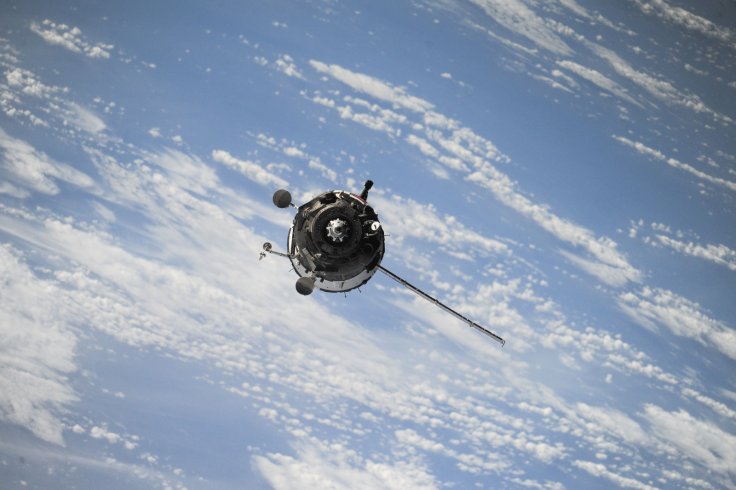The European Space Agency's (ESA) spacecraft bound for Mercury is currently on its way to fly close to Earth. For its near-Earth flyby, the ESA has launched a new program allowing space enthusiasts to fly aboard the spacecraft through a virtual reality (VR) simulation.
The spacecraft, known as BepiColombo, was launched by the ESA through a partnership with the Japan Aerospace Exploration Agency (JAXA). Its main objective is to visit Mercury to study the planet from its orbit.

BepiColombo's Near-Earth Approach
In order to carry on with its deep-space journey, BepiColombo will closely approach Earth in order to use its gravitational pull for a slingshot maneuver. According to the ESA, the spacecraft will reach its closest distance to Earth on April 10 at 12:25 am EDT. From Earth, the passing spacecraft will have a magnitude of 8, which means it might not be visible to the human eye. However, sky gazers can still catch BepiColombo and say goodbye to the spacecraft using telescopes or cameras. The ESA noted that the spacecraft would appear like a slow-moving star in the sky.
"BepiColombo should be visible with a small telescope, accessible to amateur astronomers in the southern hemisphere or in southern parts of the northern hemisphere," Joe Zender, the Deputy Project Scientist for the mission said in a statement. "If something appears as a moving star in the field of view of your telescope or camera, that will be Bepi."

BepiColombo's VR Flight Simulation
Aside from watching the spacecraft using a telescope, space enthusiasts will also get the chance to ride BepiColombo during its near-Earth flyby using the ESA's VR simulation. Those who would like to try the simulation may do so by downloading it through ESA's site. According to ESA, the simulation can be used using a Google Cardboard-style virtual reality viewer.
Through the simulation, users will be treated to a 360-degree view of BepiColombo's slingshot maneuver as it flies past Earth from a distance of only 12,700 kilometers away. As noted by the ESA, the VR simulation displays the field of view of two of the spacecraft's scientific instruments and its three selfie cameras.









